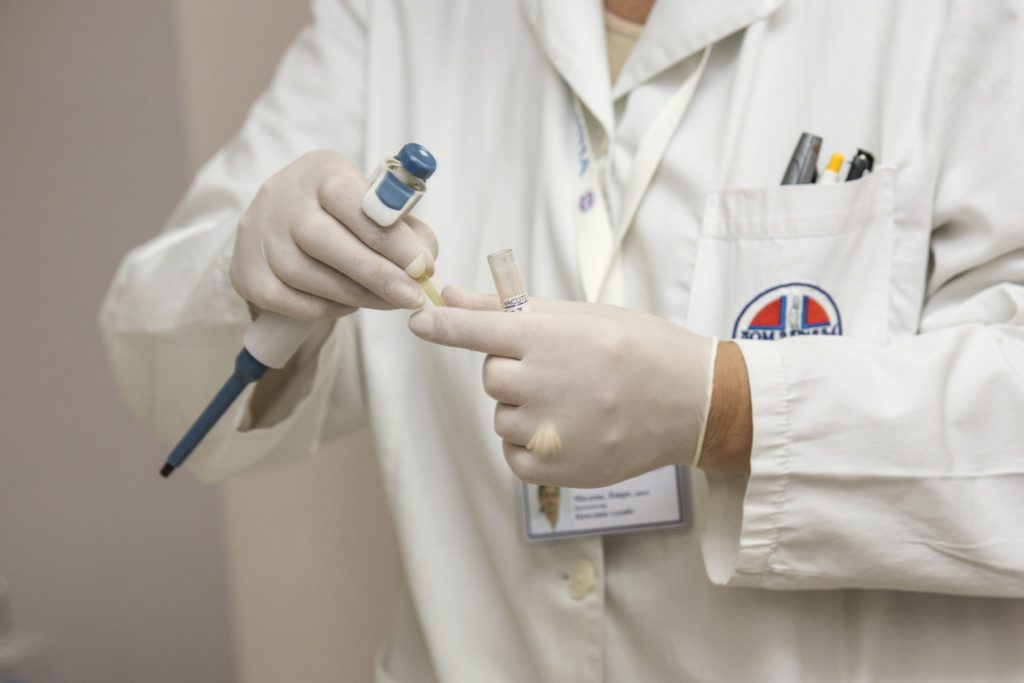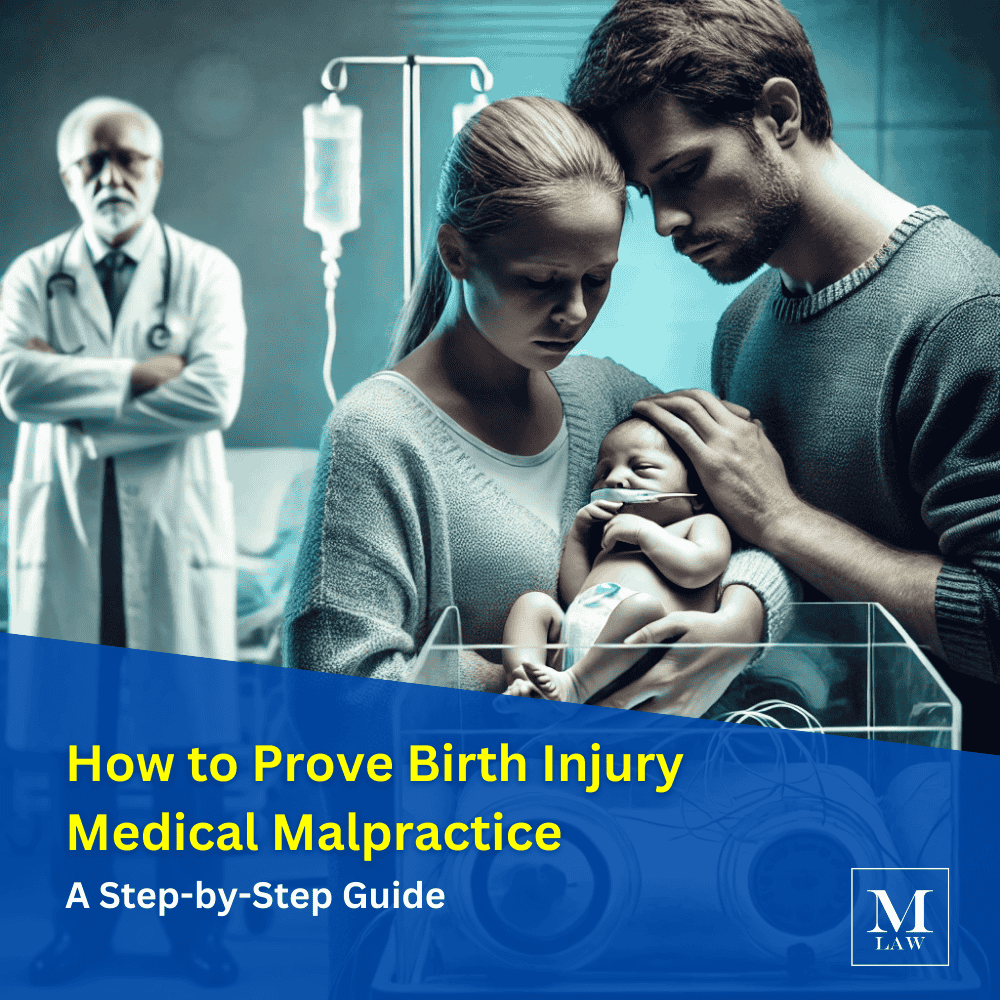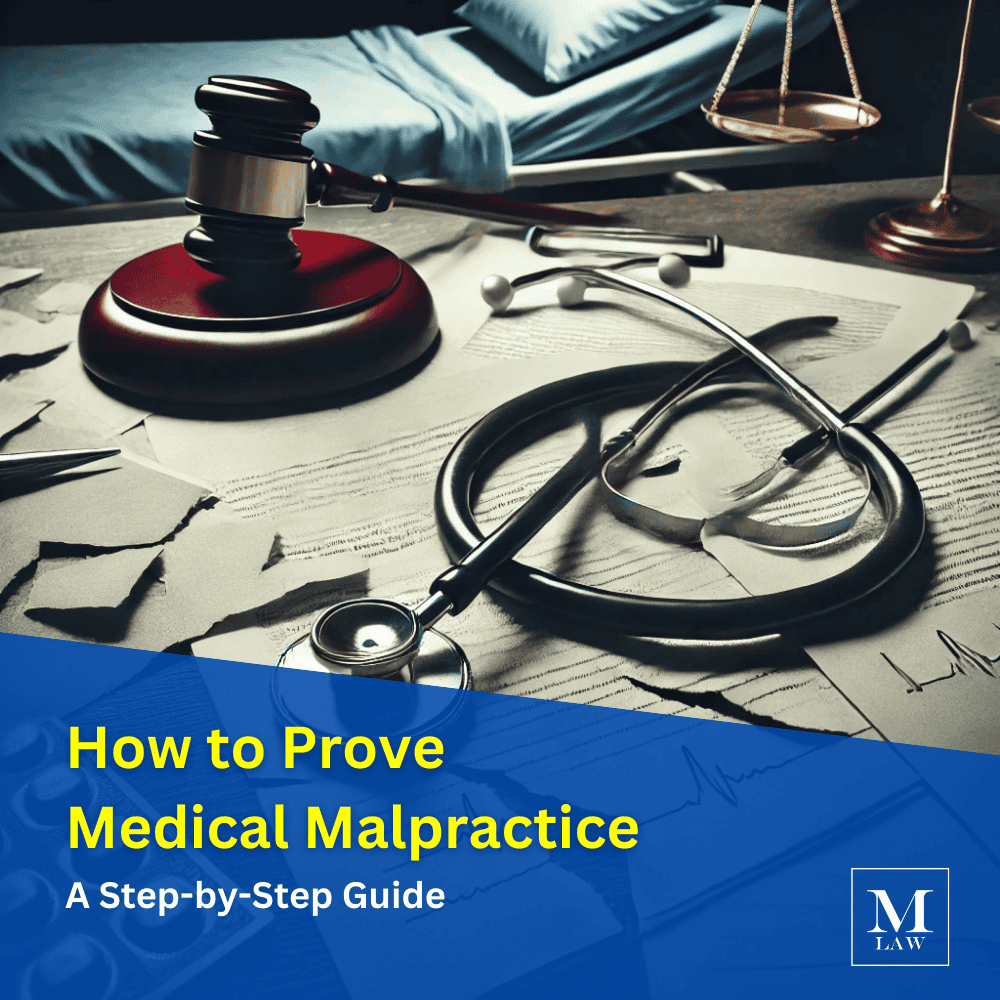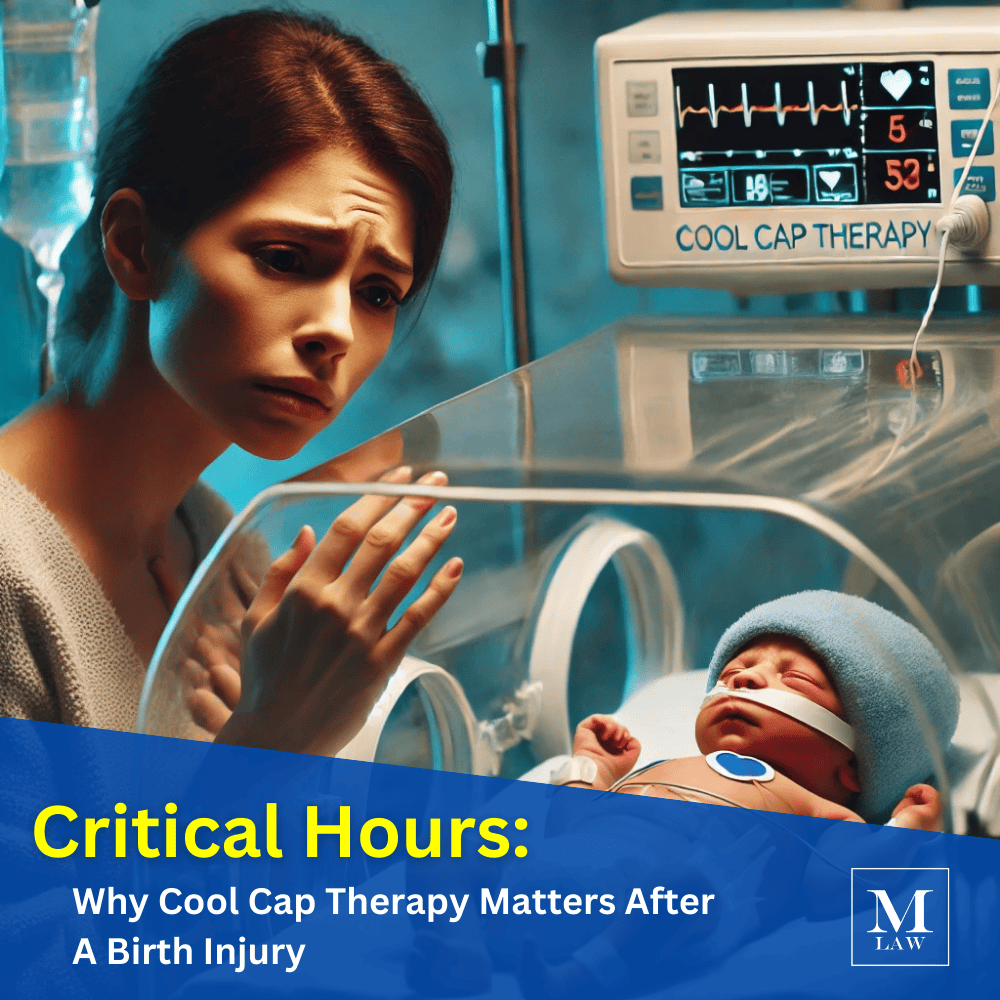Get New York City's
Top Med Mal Lawyers
Fighting For You
$7.3 Million
$14 Million
$28 Million
$100 million
$6.25 Million
$11.3 Million
$10 Million
13.38 Million
$17.5 Million
$8 Million
$11.95 Million
$200 Million
$225 Million
$6.5 Million
$28.5 Million
Are you looking for the best medical malpractice lawyers in
New York City?
Some of Merson Law’s Major Medical Malpractice Case Wins
Medical malpractice can severely affect your life, resulting in catastrophic injury. In some cases, it can even lead to death. That’s why it’s so important to have the best, most experienced and most successful medical malpractice lawyer in NYC by your side in your time of need. If you are a loved one have been adversely affected by medical negligence, read more below to see what you can do about it.
Medical malpractice cases are rare, but when they do occur the consequences can be devastating. What kinds of medical treatments might lead to medical malpractice?
Listed below are some of the most common types of medical malpractice in the United States.
Merson Law's Guide to Medical Malpractice Table of Contents
You should remember that not every situation in which one is unhappy with a doctor or other health care professional amounts to malpractice. You should consult with an attorney before moving forward with a claim for medical malpractice, not only to determine whether you have a viable cause of action, but also for help finding the experts you will need to prove your case and navigating the legal process in general.
There are many different types of medical negligence, and no two cases are ever the same. Given the complex nature of the practice of medicine, it is no surprise that even the smallest mistake by a doctor can have life-altering (even life-ending) effects on his or her patients.
Medical negligence can take place in any medical situation, from a visit to the dentist, an emergency room situation, a regular health check up, or a high risk surgical procedure. Below are some of the more common categories of medical negligence.
Anesthesia Errors
Anesthesia mistakes are relatively infrequent, but can be more dangerous than surgery mistakes. Even small error by the anesthesiologist can result in permanent injury, brain damage, or death. Typical causes of malpractice by anesthesiologists include failing to investigate the patient’s medical history for possible complications, or failing to inform the patient of necessary preoperative procedures (like not eating for a certain period before surgery). Other common anesthesia errors include giving too much anesthesia to the patient, failing to monitor the patient’s vital signs, improperly putting a tube in the trachea to assist the patient with breathing (“intubation”), or using defective equipment.
Anesthesia is an inherently risky part of any major medical operation, and requires a specialist, an anesthesiologist, to administer and monitor the effect on the patient.
Prior to any medical procedure requiring anesthesia, the anesthesiologist will review the patient’s medical record, history, prior medications, allergies and time requirements of the operation to determine the best combination of drugs to use.
Anesthesia malpractice can happen either during the pre-operation medical review, or during the procedure itself.

Negligent Anesthesia Preparation
If the anesthesiologist fails to properly review all the patient’s medical records, he or she may administer drugs to which the patient is allergic, causing injury or death.
Alternatively, an anesthetic contraindication may be present which means, due to previous medications given the patient, a certain anesthetic agent may pose increased risk of complication and should not be used. If it is used, this type of anesthesia malpractice may lead to the patient’s death.
Failure to Monitor Anesthetic Performance
Even if the pre-op work is done correctly, there is potential for negligence should the anesthesiologist not monitor the patient and react in time to and changes in vital signs.
It is even possible for the anesthesiologist to run into logistical problems, such as a lack of available oxygen. If these types of situations are not anticipated during the operation, the patient may lose their life due to medical negligence.
Childbirth Injuries
Childbirth can be an especially difficult event for the new born child, and even worse if not handled appropriately by the doctor and nurses. Childbirth trauma and labor malpractice or instances of medical negligence during childbirth can take place in several ways, including failure to perform a c-section, mishandling of a difficult birth, complications with induced labor, misdiagnosis of newborn medical condition or failure to monitor fetal vital signs.

Medical Negligence and C-Sections
A cesarean section (c-section) is often a requirement to preserve the health of the baby in cases of fetal distress. Commonly the baby will show signs of fetal distress, such as a lack of oxygen to the brain and reduced heart beat, and a c-section must be administered immediately to prevent injury to the fetal brain.
If the medical staff fails to perform the c-section in time, delaying the procedure in hopes of delivering the baby normally, that decision may lead to permanent brain damage to the baby.
Mistreatment of Difficult Birth
During difficult births, the medical staff may have to use methods for forcing the extraction of the child. Usually a combination of forceps and suction will be used to force the child out of it’s mother. One of the risks associated with forced extraction is that any improper, or negligent handling of the process can cause permanent injuries to the baby, especially nerve damage such as brachial plexus injury.
Complications with Induced Labor
Many times, doctors and medical staff will attempt to speed up a delivery, or avoid a c-section by inducing labor. Oxytocin (common brand used is called Pitocin) is administered to expedite the delivery of the child, but this drug may have side-effects if not monitored carefully.
In cases where fetal distress is detected, such as a prolapsed umbilical cord, it is critical that the administration of pitocin be ceased immediately, and a c-section be considered. In these cases, the doctor has precious few minutes to judge the situation and decide on the best course of action to prevent serious permanent injury to the new born baby.
A number of injuries can be caused by medical malpractice to a fetus during pregnancy or to a child during the birth process. Some of these injuries can be quite severe, such as brain injuries (like cerebral palsy and seizure disorders), fractured bones, and full or partial paralysis. Of course, many of these are caused by natural causes, as well. Nevertheless, if a doctor’s negligence caused these conditions or the doctor failed to take steps to treat a condition that could lead to these conditions, medical malpractice may have occurred.
These injuries can arise at a number of different junctures. If negligent medical treatment is provided during the pregnancy, it could harm the fetus, the mother, or both. Examples of negligent prenatal care include failing to diagnose a medical condition of the mother (like preclampsia, Rh incompatibility, hypoglycemia, anemia, or gestational diabetes), failing to identify birth defects, failing to identify ectopic pregnancies, or failing to diagnose a disease that could be contagious to the mother’s fetus (like herpes, HIV, or lupus). If the negligence occurs during childbirth, it may be as a result of failing to anticipate birth complications due to the baby’s size, failing to note that the umbilical cord has become tangled around the baby, failing to respond to signs of fetal distress, failing to administer a cesarean when needed, or improperly using forceps or a vacuum extractor.
Medication Errors
Medication errors are one of the most common forms of medical malpractice and can occur many ways. For example, a doctor might make a mistake on the initial prescription, administer a drug inappropriately, or fail to take notice of a potentially harmful drug interaction. In a hospital setting, one common form of injury results from the wrong medication being given to the wrong patient. However, the most common medication errors, by far, involve improper dosage.

Misdiagnosis
Missed or delayed diagnoses are major causes of malpractice complaints. When a doctor misdiagnoses a condition or, alternately, fails to diagnose a condition for some period of time, the patient could miss treatment opportunities that might have presented serious harm or death.

Indeed, a misdiagnosis could lead to the prescription of treatments that are not appropriate for the patient, also potentially resulting in harm. The key to such a case is showing what the treating doctor did wrong and how a competent doctor should have gone about diagnosing the condition. If a reasonably skillful and competent doctor would not have made the same mistake under the same circumstances, then the treating doctor may be liable for malpractice.
The first step after admittance to a hospital, medical clinic, emergency room, dental office or any other professional medical establishment is diagnosis. Correctly diagnosing symptoms is critical to proving medical care to any patient, however sometimes an error in diagnosis can occur in cases where symptoms may not be readily apparent or telling.
Common types of misdiagnosis include:
- Failure to Diagnose Cancer
- Misdiagnosis of Symptoms of Impending Heart Attack
- Misdiagnosis of Stroke
- Failure to Recognize DVT and Pulmonary Embolism
- Misdiagnosis of Diabetes
- Failure to Recognize Meningitis
- Failure to Diagnose Appendicitis
If a patient is not treated properly due to a mistake in diagnosis, the doctor may be held liable for any further injury or damages.
Negligent Long-Term Treatment
Medical negligence can also occur in subtle ways over the course of a long treatment period. Usually, the negligence will take the form of a failure to follow up with treatment, or a doctors failure to monitor the effect of the treatment properly.

Negligence in Patient Treatment Follow Up
Once a course of treatment for illness or injury has been chosen, it is critical that the doctor follow up regularly to keep abreast of the performance of the treatment. Often times, a nurse will be called upon to help administer treatment, but is not qualified to make medical decisions regarding continuation, cessation or adjustment of the treatment plan.
If the doctor orders a treatment and then allows it to go on without regular follow up, this can be a form of medical negligence. If the treatment causes any side-effects or other damage to the patient, the doctor may be held liable.
Failure to Monitor Treatment Accordingly
Similar to a failure to follow up, a doctor should be aware of the effects of any treatment being administered to his or her patient. This is done by testing and monitoring of patient recovery, vital signs and overall health.
When the doctor fails to monitor the progress of the patient properly, this negligent medical treatment can lead to further injury to the patient.
Surgery Errors
Medical negligence during a surgical procedure can often result in further surgeries, infection and sepsis, internal organ damage, immune system failure and even death. Surgical procedures require an enormous level of skill, and even the slightest mistakes can have profound effects on the patient.
Surgical errors can occur in a variety of forms ranging from wrong site surgery, unintentional lacerations of an internal organ, uncontrolled blood loss, perforation of an organ or a foreign object being left in the patients body.

Unintentional Laceration or Perforation
One of the most dangerous risks in any surgical procedure is that of cutting, lacerating or perforating an artery, organ or vessel. There are several ways a surgeon can make a potentially fatal mistake during an operation.
It is possible to perforate a bowel or vessel which may go unnoticed causing bile to leak into the body cavity. Over time, this can lead to a severe infection and sepsis which can cause septic shock and death.
Other types of surgical negligence can lead to uncontrolled bleeding or organ damage. In the worst cases, internal bleeding or organ failure can cause death.
Wrong Site Surgery
Wrong site surgery is a type of surgical error, usually involving a mis-communication or error in hospital records which leads to a surgeon operating on the wrong organ or external appendage.
In some of the worst cases of wrong site surgeries, patients requiring amputation of an arm or leg will have the wrong one amputated, which results in the loss of both appendages instead of just one.
Foreign Object Left in a Patient
In some cases a patient may begin suffering from symptoms of infection and sepsis days or weeks after a surgical procedure. One of the possible causes could be a foreign object inadvertently left in their body by the surgeon.
Most commonly, gauze or another piece of soft medical wrapping or absorbent material may accidentally be left in the body causing an infection, and potential sepsis and shock.
This type of negligent medical treatment may go unnoticed for weeks, months or even years before its effects begin to manifest themselves, and usually require further surgery. In the worst cases, a patient may suffer serious infection and ultimately die from septic shock.
Unnecessary Surgery
Unnecessary surgery is often related to a misdiagnosis of patient symptoms or a medical decision without proper consideration of other options or risks.
Alternatively, sometimes surgery is chosen over more conventional treatments for their expediency and ease compared to other alternatives. Some of the most common unnecessary surgical procedures include:
- Pacemaker Implant
- Coronary Bypass Surgery
- Cesarean Section
- Hysterectomy
While there are certainly cases where these surgeries are necessary and can save lives, many times the patient’s condition does not warrant such dramatic and invasive procedures.
According to a review by the Albert Einstein Medical Center in Philadelphia, about 20% of all pace maker surgeries are unnecessary and the patients heartbeat fluctuations could be treated with much more conservative treatment.
While recommending an unnecessary surgery is not an act of medical malpractice in and of itself, there are always serious risks in any surgical procedure. If an injury could have been avoided by not having had the surgical procedure, then the decision to order it could be found as negligence and the doctor may be found liable for any damages resulting from the surgical procedure.
Merson Law’s team of medical malpractice lawyers: the best in New York City.
Legal Definition of Medical Malpractice
What is Medical Malpractice? Medical malpractice is defined as any act or omission by a physician during treatment of a patient that deviates from accepted norms of practice in the medical community and causes an injury to the patient.
Medical malpractice law in the United States is derived from English common law, and was developed by rulings in various state courts.
Medical malpractice lawsuits are a relatively common occurrence in the United States. The legal system is designed to encourage extensive discovery and negotiations between adversarial parties with the goal of resolving the dispute without going to jury trial.
Medical malpractice is a specific subset of tort law that deals with professional negligence.
“Tort” is the Norman word for “wrong,” and tort law is a body of law that creates and provides remedies for civil wrongs that are distinct from contractual duties or criminal wrongs [24].
“Negligence” is generally defined as conduct that falls short of a standard; the most commonly used standard in tort law is that of a so-called “reasonable person.”
The reasonable person standard is a legal fiction, created so the law can have a reference standard of reasoned conduct that a person in similar circumstances would do, or not do, in order to protect another person from a foreseeable risk of harm.
What To Do If You’ve Been Hurt

Our medical malpractice lawyers must show that the physician acted negligently in rendering your care, and that such negligence resulted in injury.
To do so, four legal elements must be proven:
- A professional duty owed to the patient
- Breach of such duty
- Injury caused by the breach
- Resulting damages: money damages, if awarded, typically take into account both actual economic loss and non-economic loss, such as pain and suffering.
How to Prove Birth Injury Medical Malpractice: A Step-by-Step Guide
How to Prove Medical Malpractice: A Step-by-Step Guide
Cool Cap Therapy for Birth Injuries: How It Used for Brain Damage in Newborns
The medical malpractice lawyers at Merson Law will litigate your case aggressively and comprehensively to achieve complete vindication for the harm that you have suffered.
We provide a 100% free initial case evaluation that is done by our team of medical malpractice lawyers and a fully licensed doctor.
Have your medical malpractice case reviewed free of charge today.
You Deserve Justice. Get Started Now.
Merson Law Featured On























